Beijing’s selective engagement with India on the Wuhan evacuations is plain confrontationist
Desperate times call for desperate measures and when a global crisis has a new name called Coronavirus with a hydra-headed manifestation, then politics should be the last concern between nations who must unitedly fight it. Unfortunately, China, which is filtering the extent of its health crisis lest it be construed as bad propaganda for its global stakes, has let that unease creep into its bilateral ties with India. Seems like the spiralling epidemic has torn the “relative calm” in the strategic partnership. A spat that could have been settled by discussion and mutual understanding has unnecessarily been allowed to gain traction. The current row stems from China’s refusal to grant permission to our military aircraft for the evacuation of several Indians from the Coronavirus-hit Wuhan. Although China facilitated the civil flights by rescue missions, it is dragging its feet over clearances for this one, attributing it to procedural norms given the disease has reached a higher degree of criticality. But India maintains that it is precisely because of this and its responsibility to protect its citizens that it was sending in the C-17 Globemaster, equipped with medical facilities, to bring back Indians, assuming they were infected. Yet in a tit-for-tat response, Beijing accused New Delhi of being selfish and holding back essential medical equipment required by local authorities and medical workers for treating patients. More, China has called upon the Indian authorities to follow the World Health Organisation (WHO) guidelines that call for resumption of all trade and personal exchanges with it to restore normalcy. Yet the world knows that when it comes to humanitarian missions, India has never held itself back. So this strong-arm and negotiatory tactics by the Chinese are not warranted. In all this bickering, not least unexpected, the Chinese response was the same as it was during the outbreak of the virus, “denial.” So the fate of around 100-odd Indians, who remain stuck in the Chinese city, is still undecided.
Besides, Beijing cannot justify its “selective” engagement with India on the evacuation process, allowing permission to some while denying it to others. As it turns out, in the same “critical period,” three other nations were allowed to operate their evacuation flights. What is incomprehensible is that just a few days ago, the Chinese authorities applauded the “kindness” shown by New Delhi in helping them tackle the outbreak. Premier Xi Jinping had himself lauded India for offering solidarity and assistance. The mixed messages are typical of the larger Chinese strategy of keeping us on our toes by speaking in a forked tongue. Despite this blow-hot-blow-cold attitude of the Chinese, the Indian Government chose to keep differences aside and sought to aggressively push itself to help China contain the virus. From agreeing to test clinical samples from abroad in its laboratories to offering help with the evacuation of people from affected areas to lifting the ban on the export of personal protection equipment — it has done it all. The least one could have expected of the Chinese, given their continued emphasis on strategic relationship and intention to look at trade and other broader areas of cooperation, was to acknowledge the role played by other nations, including India, in fighting the epidemic. But that’s too much to ask from it. In all the three sorties carried out to date, where more than 600 Indians have been airlifted, working with China has been a nightmare with the biggest hurdle coming by way of getting approvals from its authorities — Central, provincial as well as local. It must also not be forgotten that ripple effects of the spread of the virus are being felt in India, as in other nations. We, too, need to be prepared to tackle any potential crisis. India’s stand with regard to restrictions on some medical devices assumes prominence on account of our fast depleting stocks and low domestic output. In fact, the crisis has led to the deep realisation of how we are heavily reliant on the Chinese for the procurement of raw materials and key ingredients for the production of medical equipment and drugs. So much so that the Government is all set to create new opportunities for Indian firms to emerge as an alternative producing destination to fill the supply vacuum. This outbreak should serve as a warning for Indian industries to diversify their supply chains and encourage the production of critical components within India. Till we are dependent on supplies from China, it will use our weakness to leverage diplomacy.
(Courtesy: The Pioneer)







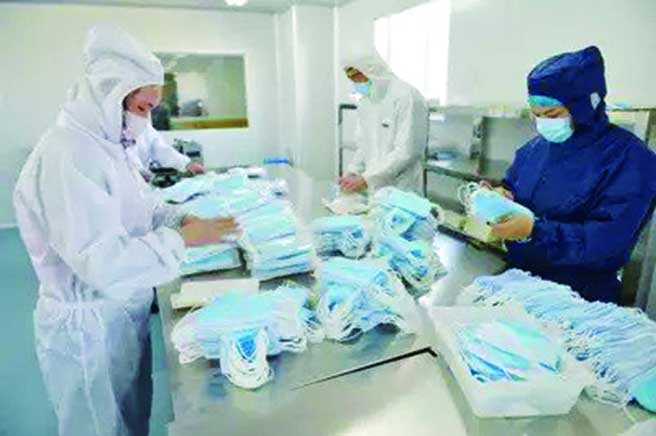
 OpinionExpress.In
OpinionExpress.In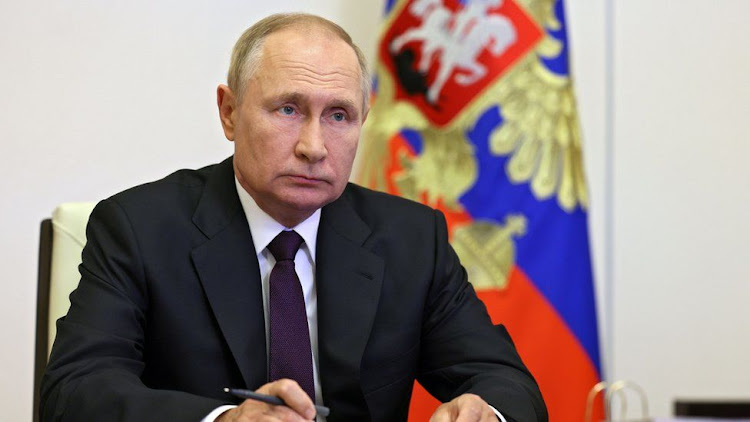

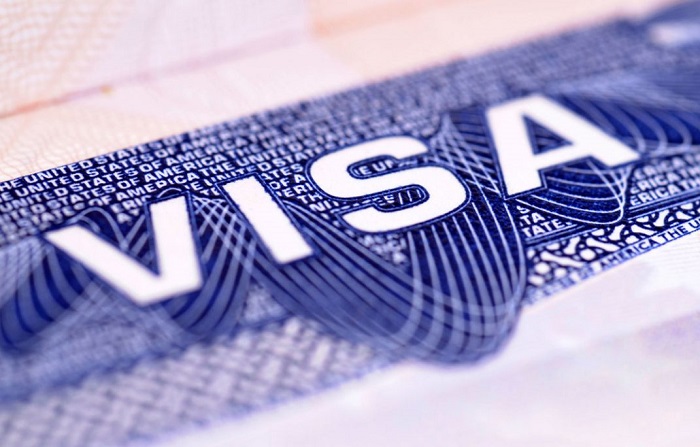




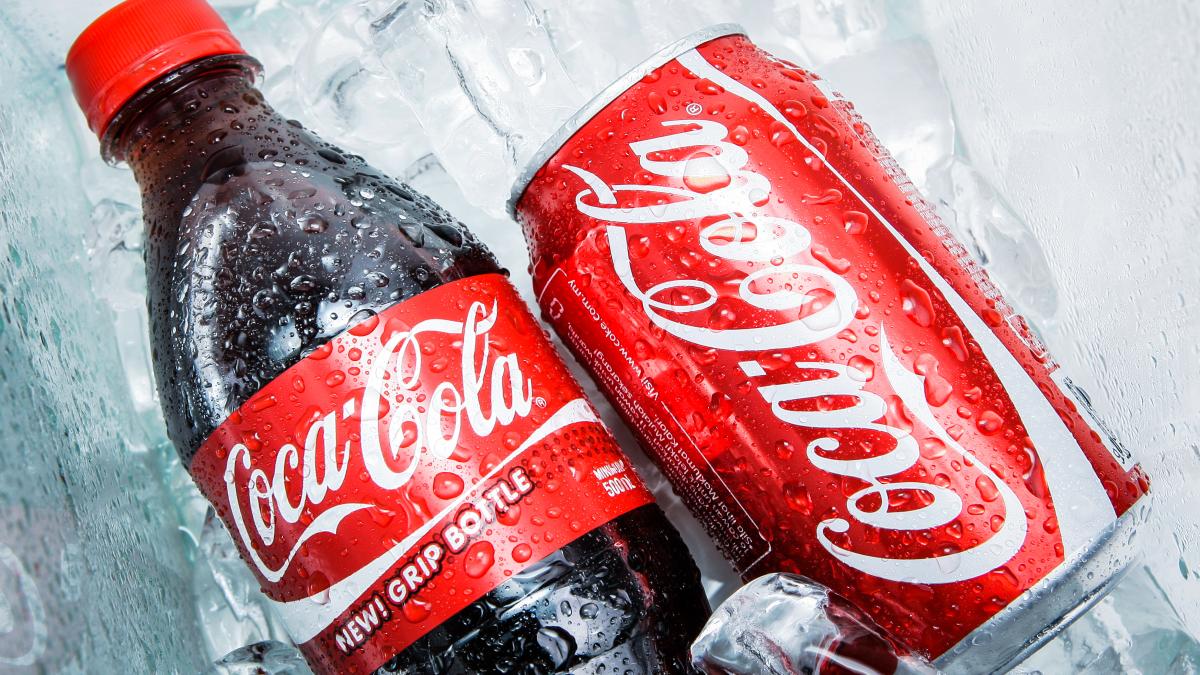

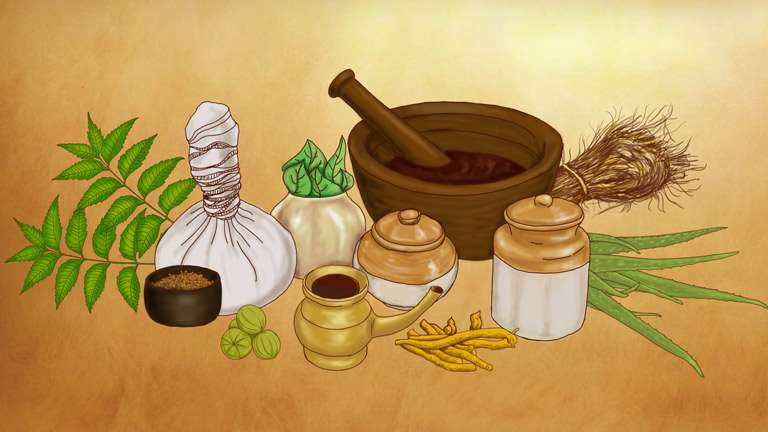






Comments (0)